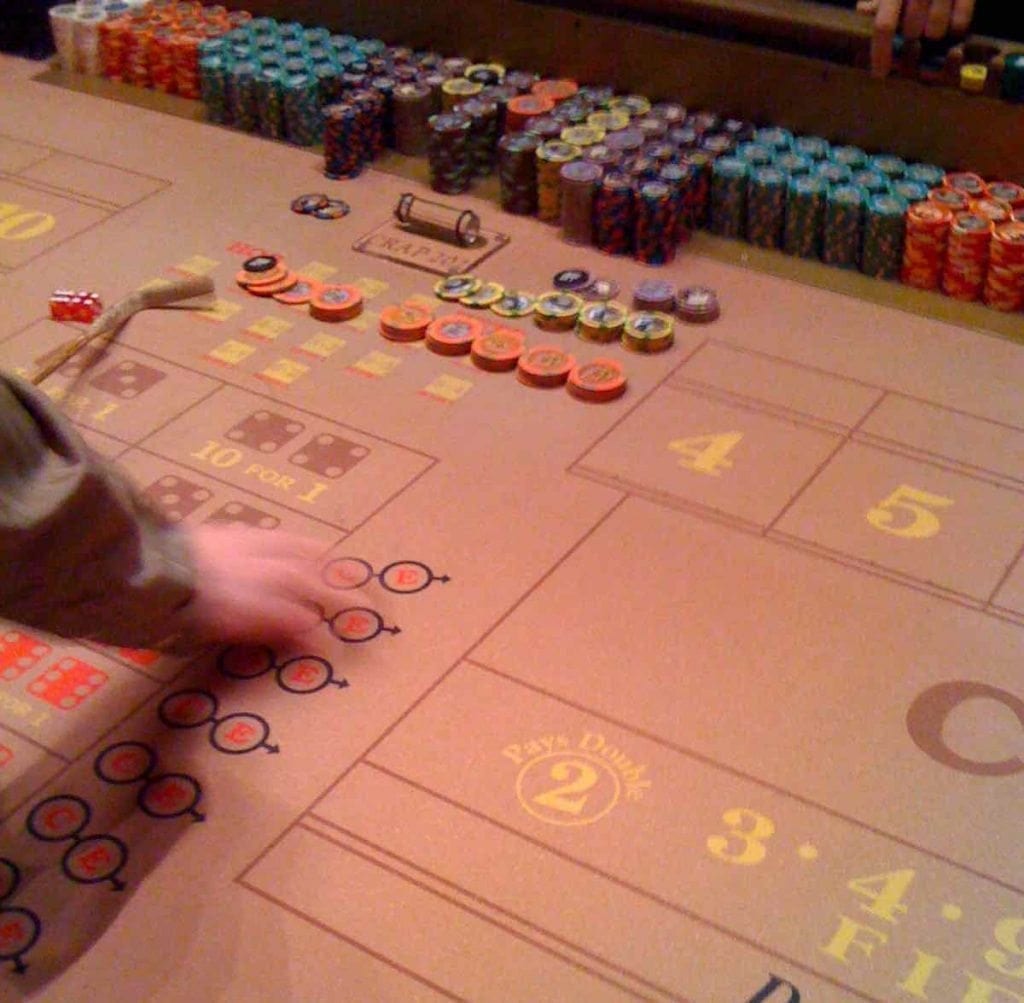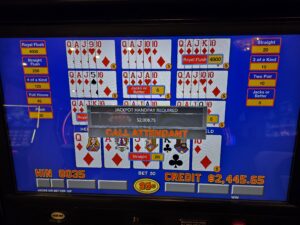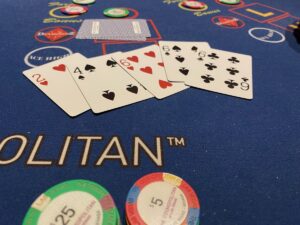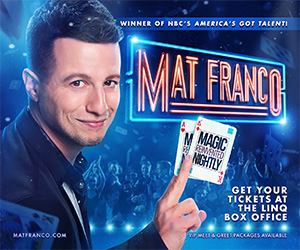
It is nearly impossible to step up to a casino craps table today without seeing at least one shooter attempting to set and toss the dice in a certain manner to get a desired result. Whether it is just quickly setting a certain number on top or engaging in a protracted ritualistic pre-shot routine, dice influencing is attempted in every casino, every day. This is the first of a three part series on the topic of DICE CONTROL. In Part 1 we will examine the dice control controversy. In Part 2, I will recount the history of modern dice control as I remember it. Part 3 is a look at the basic principles used by the dice control practitioner.
PART 1 – The Dice Control Controversy
I never discuss politics with friends. I find that it can be very divisive and it can taint a friendship. I believe that there is virtually nothing I can say that is going to change their mind about an issue and there is nothing they can say that is going to change my mind. I prefer to keep my opinions to myself and also not to engage others when they express their position. Lately, I have added a new topic to my no discussion list, the controversial topic of “Dice Control” or “Dice Influencing.” I have seen recreational gamblers that have developed strong internet and real world friendships, become apoplectic with each other when this topic is discussed.
There is a great scene from Star Trek – The Next Generation, in the episode “The Royale,” in which the android crew member known as Data tries shooting craps. He fails at first but after accounting for the dice balance, he begins tossing winning hand after winning hand. The clip of that scene can be found here:
Logically it is reasonable to believe that a fine tuned machine (the android) taking into account every variable and using the exact same toss every time, would have results that may indicate a pattern that can be exploited for a positive expected value (EV).
Related: (from TheInveterateGambler) The Truth about Other Players Decisions in Blackjack
“Sevens to Roll Ratio” (SRR)
Today’s practitioners of dice control would have you believe that they have a similar ability. They believe that by taking an advantageous position at the table, setting the dice in a specific fashion, griping them in a certain manner and then aiming and tossing them exactly the same way to the same spot on the table, they can produce repeatable results that are superior to randomness. They measure this with what they call the “Sevens to Roll Ratio” (SRR). The SRR for a random shooter would be 1:6, which is averaging one seven for every six rolls. If a person, over the long run, could get their SRR up just a bit, to right around 1:6.5, they would mathematically have an advantage over the casino. The internet has claims that some dice controllers have an SRR of 1:9 or even 1:10. A SRR that high would give them a significant edge over the casino.
For some craps players, the sight of a person that appears to be a dice control practitioner makes their blood boil. It is not too unusual to hear a non-believer mocking or criticizing a dice controller for delaying the game, as he or she takes their time and carefully sets and tosses the dice. Craps players are notoriously superstitious; many believe that a delay in the game will result in a negative “joo-joo” that will end a promising roll.
The dice control naysayers, point out that a person cannot physically reproduce the exact same toss over and over. In addition, the casino requires that the dice hit the back wall, which sports the alligator skin pyramids. This causes the dice to rebound and bounce randomly on the table deck. Their final argument is that if dice control was possible, the casino, just as it bars advantage blackjack players, would bar the dice controller from handling the dice.
What are your thoughts about Dice Control?

The Inveterate Gambler has had a keen interest in casino games and the casino industry for more decades that he likes to remember. Craps, Blackjack and some Pai Gow Poker are his games of choice. He also enjoys playing in the home poker game were wild cards and luck overcome skill. He has no interest in slots and if there were no table games he would never set foot inside a casino. He is an expert on the Atlantic City scene. Like Batman, Superman, The Green Hornet, and a host of his other comic book heroes, The Inveterate Gambler must keep his true identity secret.













